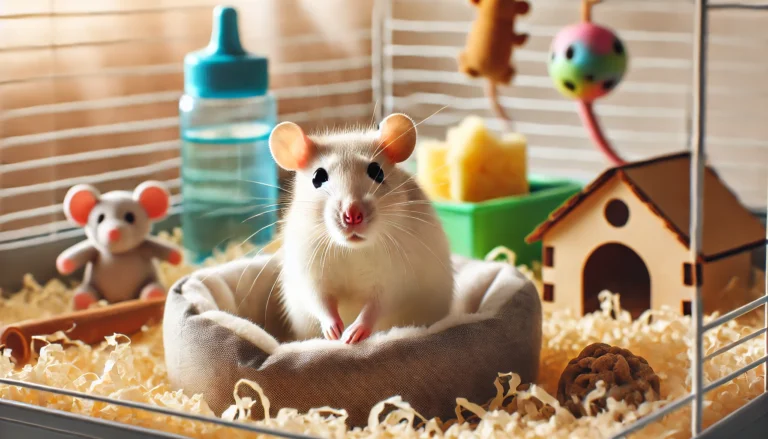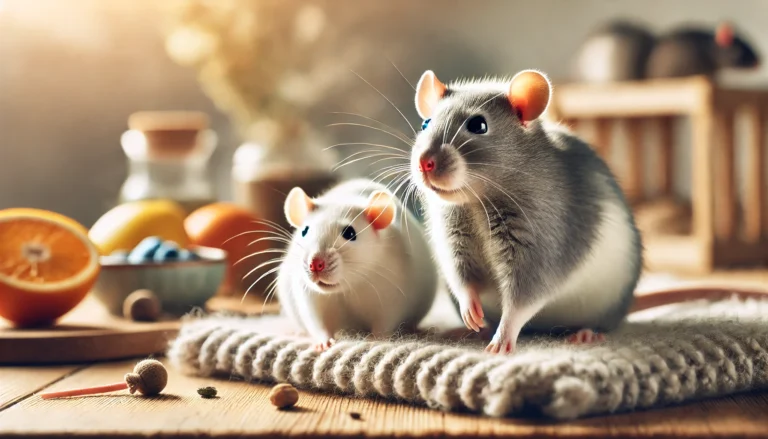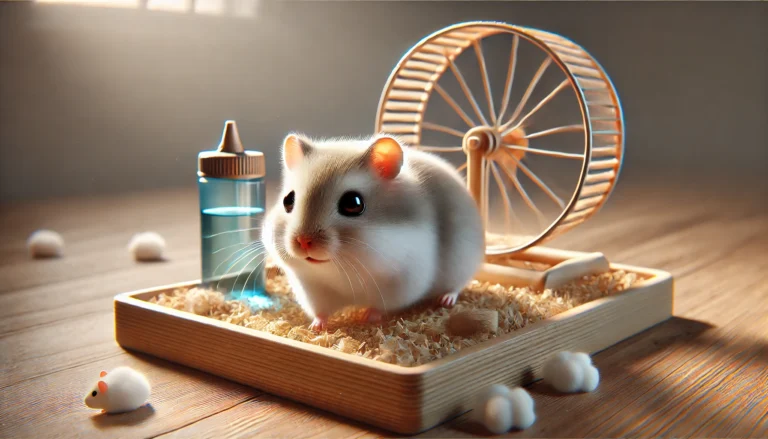What do Hamsters Eat? A comprehensive Guide to know about
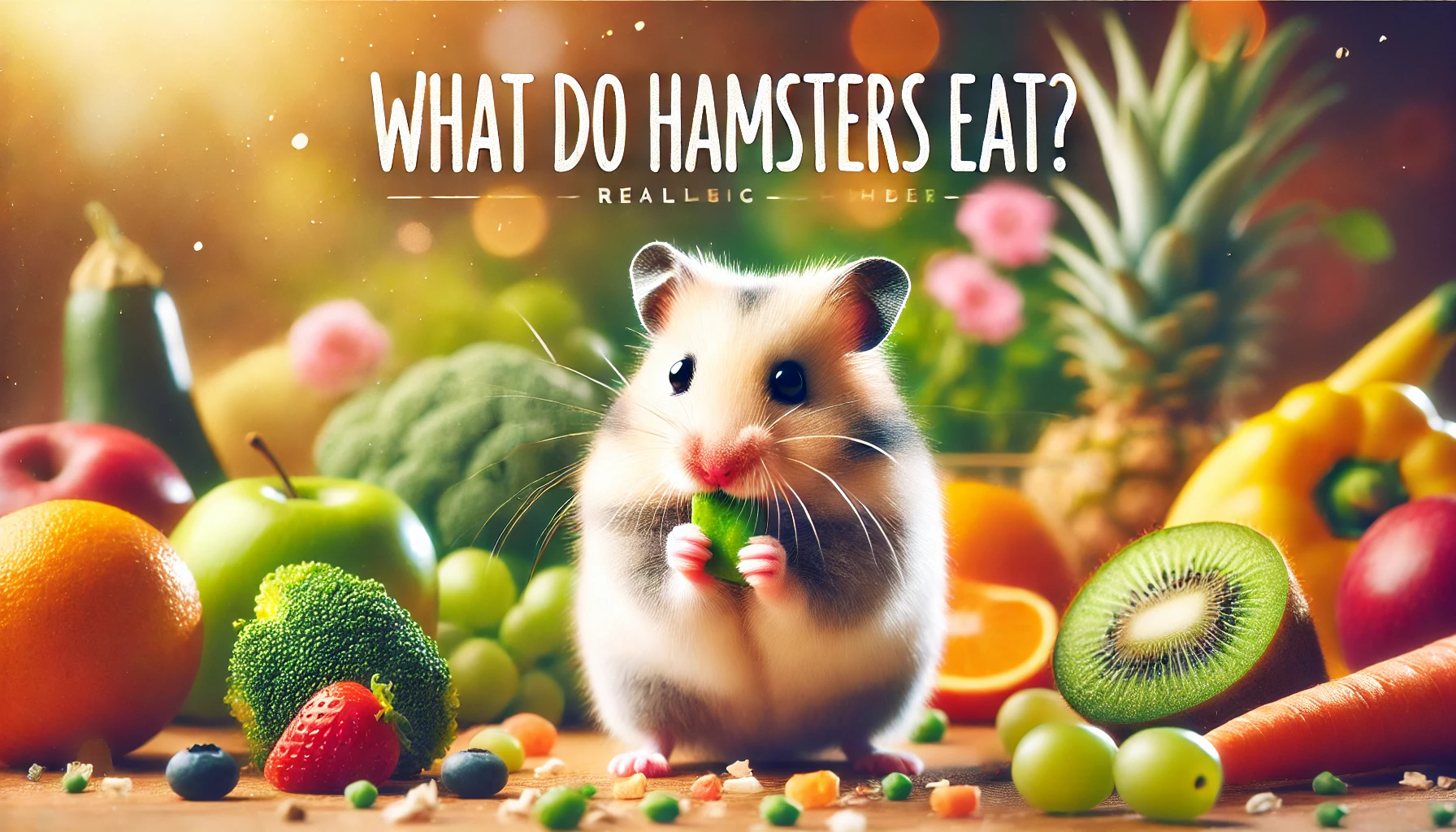
Introduction to What do Hamsters Eat
Hamsters are delightful pets, admired for their cute looks and minimal space requirements. An essential aspect of hamster care is providing a proper diet that ensures their health and longevity. This guide offers extensive insights into everything related to feeding your hamster, from everyday foods to treats and everything in between.
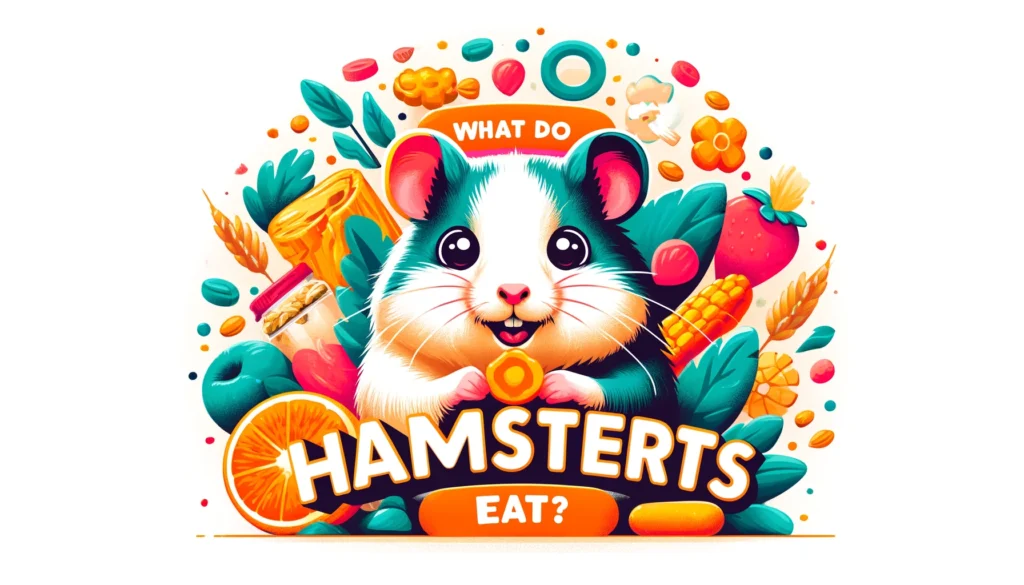
Understanding Hamster Nutrition
Hamsters are omnivores, which means their diet can include grains, vegetables, fruits, and occasional protein sources. The foundation of a hamster’s diet should be high-quality commercial hamster food, which ensures they get a balanced mix of nutrients.
Key Components of a Hamster Diet
Commercial Hamster Pellets: These pellets are specially formulated to meet all of a hamster’s nutritional needs, providing a balanced diet with the right mix of nutrients.
Fresh Fruits and Vegetables: Fresh produce can supplement your hamster’s diet, offering vital vitamins and minerals. Safe options include carrots, broccoli, cucumber, and apples—always in moderation to prevent diarrhea.
Proteins: Occasional lean meat, like chicken or turkey, cooked eggs, and insects such as mealworms, can be offered sparingly. Proteins are crucial during growth phases, particularly for baby hamsters.
Whole Grains: Cooked pasta, brown rice, and whole grain bread can be offered occasionally to provide energy and fiber.
Safe Foods for Hamsters
Understanding what hamsters can eat is crucial for their well-being. Here’s a breakdown of safe foods that you can include in your hamster’s diet:
Vegetables: Hamsters can have carrots, spinach, lettuce, and cucumber. Introduce any new vegetable in small amounts to prevent digestive issues.
Fruits: Apples (without seeds), blueberries, and bananas can be good treats. However, due to their sugar content, fruits should be given sparingly.
Grains: Offer whole grains like oats and barley. These can be served plain and cooked or as part of commercial food mixes.
Proteins: Small pieces of boiled or baked chicken, plain scrambled or boiled eggs, and mealworms are excellent protein sources for hamsters.
Foods to Avoid
Certain foods are toxic to hamsters or can cause serious health issues and should be avoided:
- Onions and Garlic: These can cause blood disorders and should never be fed to hamsters.
- Chocolate and Caffeinated Beverages: These contain substances that can be toxic to hamsters.
- Almonds: Contain cyanide, which is harmful to hamsters.
- Citrus Fruits: Their acidity can be too much for a hamster’s stomach.
- Sugary and High-Fat Foods: Can lead to obesity and related health issues.
Tips for Feeding Hamsters
- Consistency and Moderation: Feed your hamster at the same times each day. This helps prevent overeating and ensures they have a balanced intake throughout the day.
- Clean Fresh Water: Always have clean water available. Use a bottle with a metal spout to keep the water clean and free from bedding and food debris.
- Regularly Clean Food Areas: Remove uneaten food regularly to prevent spoilage and bacterial growth.
Special Dietary Considerations
- Age-Specific Diets: Young hamsters typically need more protein than adults due to their growing bodies.
- Breed-Specific Needs: For example, dwarf hamsters, like Campbell’s, may be prone to diabetes, so it’s advisable to limit their intake of sugary fruits.
Do you know?
Turtles and Tortoises Live are remarkable for their longevity, with many species witnessing the ebb and flow of centuries. This comprehensive guide explores the fascinating lifespan of these ancient creatures, encompassing everything from the tiny miniature turtle to the colossal Sulcata tortoise, while delving into the care specifics that can help these pets live to their fullest potential.
Conclusion of What do Hamsters Eat
Providing a balanced diet tailored to the specific needs of your hamster is crucial for their overall health and happiness. Regularly consult with your veterinarian to ensure that your hamster’s dietary needs are being met, especially if you notice changes in their eating habits or general health. With the right care and a proper diet, your hamster can lead a long, healthy, and joyful life.
What do hamsters drink?
Hamsters should primarily drink fresh, clean water. It’s best provided in a water bottle with a metal spout, which helps keep the water free from contaminants.
Can hamsters eat bananas?
Yes, hamsters can eat bananas in very small amounts as an occasional treat. Bananas are high in sugar, so they should be given sparingly to prevent health issues like diabetes, especially in dwarf hamsters.
Can hamsters eat chicken?
Yes, hamsters can eat plain cooked chicken in very small amounts. It should be cooked without any salt, spices, or sauces. Chicken provides a good source of protein.
What food do hamsters eat?
Hamsters typically eat a diet of commercial hamster pellets, which are formulated to meet their nutritional needs. They can also enjoy a variety of fresh fruits and vegetables, limited amounts of lean proteins like chicken or turkey, and occasional treats.
What are hamsters not allowed to eat?
Hamsters should not eat onions, garlic, chocolate, caffeine, or any sugary or spicy foods. These can be toxic and cause serious health problems.
Do hamsters drink milk?
Milk is not recommended for hamsters. Adult hamsters are generally lactose intolerant and milk can cause digestive upset.
Can hamsters eat fish?
It is uncommon and not recommended to feed fish to hamsters. Their digestive systems are not suited to processing fish, and it could lead to health issues.
What is poisonous to a hamster?
Toxic substances for hamsters include, but are not limited to, onion, garlic, almonds, chocolate, and any plant from the Allium family. It’s also important to avoid any food high in sugar or fat.
Can hamsters eat rice?
Yes, hamsters can eat small amounts of cooked plain rice. It should not be a regular part of their diet, but it can be a harmless treat.
What can hamsters sleep in?
Hamsters need a quiet, dark, and comfortable area to sleep. They often prefer bedding made from paper or aspen shavings. Avoid using pine or cedar shavings, as they can be harmful to hamsters’ respiratory systems.

